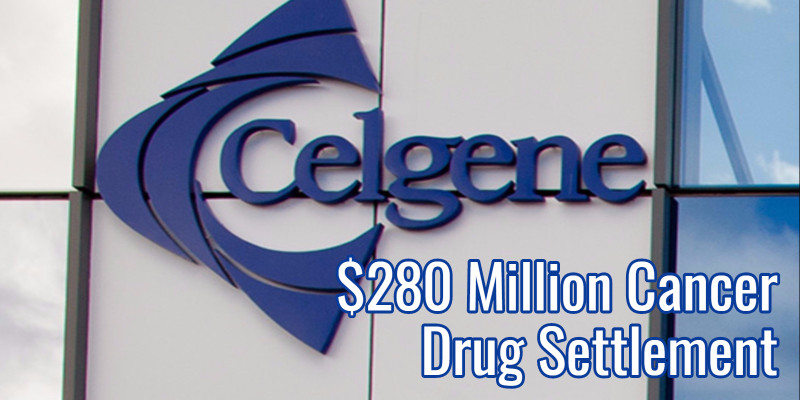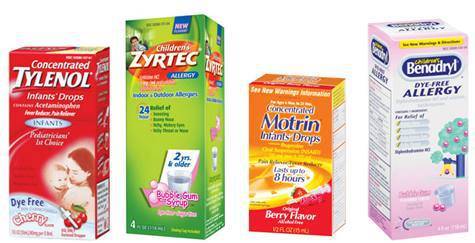Pharmaceutical giant Celgene has been accused of “fast and loose” marketing practices that cynically targeted vulnerable cancer patients. Following news that the company agreed to pay a $280 million settlement related to Thalomid and Revlimid, prosecutors pointed to the dangerous ways in which Celgene cut corners just to sell more of its cancer drugs.
The substantial figure marks another enormous win for patients who have suffered at the hands of questionable marketing practices in the pharmaceutical sector. Just last month, Johnson and Johnson was forced to settle a state level lawsuit. related to talcum powder, which cost the company $33 million. Many of the largest pharmaceutical settlements run into the hundreds of millions of dollars, sometimes billions. So while the amount is large, it is not unprecedented.
What comes as more of a surprise is that such a large settlement has been awarded in a case related to cancer.
Because a comprehensive treatment for the disease remains elusive, doctors are sometimes forced to prescribe unorthodox or experimental medication. This means that the drugs recommended by oncologists aren’t always approved for the situation in which they’re used. As such, it is usually more difficult to prove that a cancer drug was prescribed due to misleading marketing claims, rather than a creative course of treatment.
Nonetheless, whistleblower Beverly Brown was able to make a strong enough case that Celgene felt the need to settle. Brown’s allegations center on the claim that the company promoted an already infamous drug, Thalomid, for unapproved cancer treatments. Her lawsuit also focused on the fact that Celgene repositioned its troubled drugs for other conditions, such as treating leprosy, in the late nineties. While that use was approved by the FDA, Brown’s complaint points out that the company overwhelmed the healthcare sector with sales reps and promotions.
Alongside Revlimid, which is less well known, the principal drug involved in this lawsuit has a very murky history. In the 1950s and ’60s, it was called thalidomide and was widely used to treat nausea. Unfortunately, it rapidly became associated with severe birth defects when taken by pregnant women, who believed it would relieve their morning sickness. After repurposing Thalomid for leprosy treatment and winning approval for that use, the lawsuit claims that Celgene got greedy and went after other unapproved cancer applications to broaden the drug’s use.
After repurposing the drug for leprosy treatment and winning approval for that use, the lawsuit claims that Celgene got greedy and went after other unapproved cancer applications to broaden the drug’s use.
The massive agreement also applies to a lawsuit being heard by a federal court in California, where a former Celgene rep alleged the company submitted inaccurate claims to Medicare and other health care programs around the country. Overall, this legal action covered alleged fraud in 28 states and Washington, D.C., all of whom will benefit from the $280 million settlement. As the original plaintiff in the lawsuit, Brown herself stands to be compensated with up to $84 million of the final total.
For its part, Celgene inevitably rejected it had done anything wrong. Citing a desire to put the matter to rest and avoid further legal distraction, the company statement was as vague and unrepentant as patients have come to expect in these cases.
Attorney Sandra Brown, who represents the 7-county Central District of California, was clearer in her assessment. In her final statement following the Celgene settlement she made it clear that this was a victory for patients, who should trust that their doctor’s recommendations are based on good science and successful outcomes, not those that are simply “marketed aggressively by pharmaceutical companies.”


